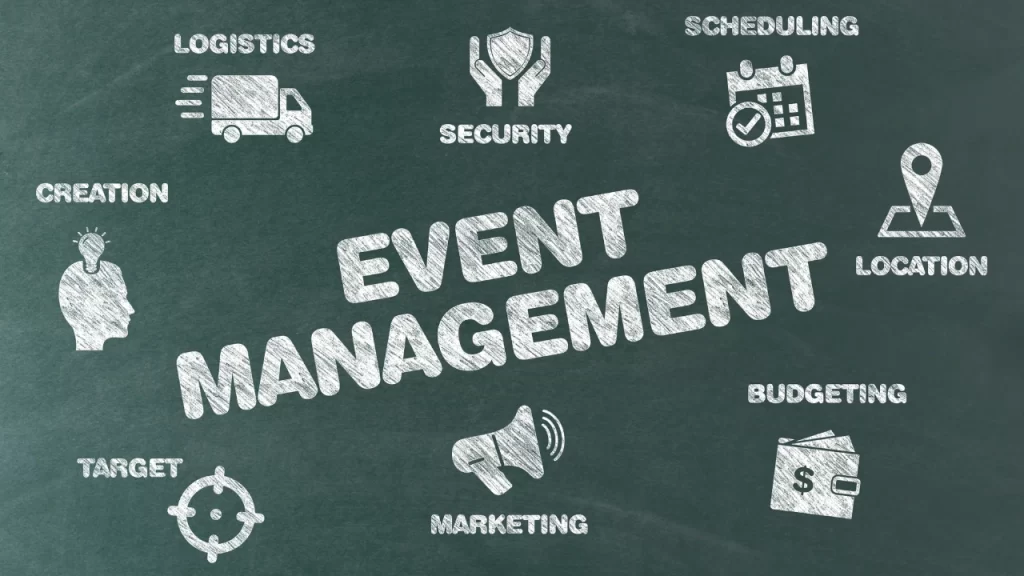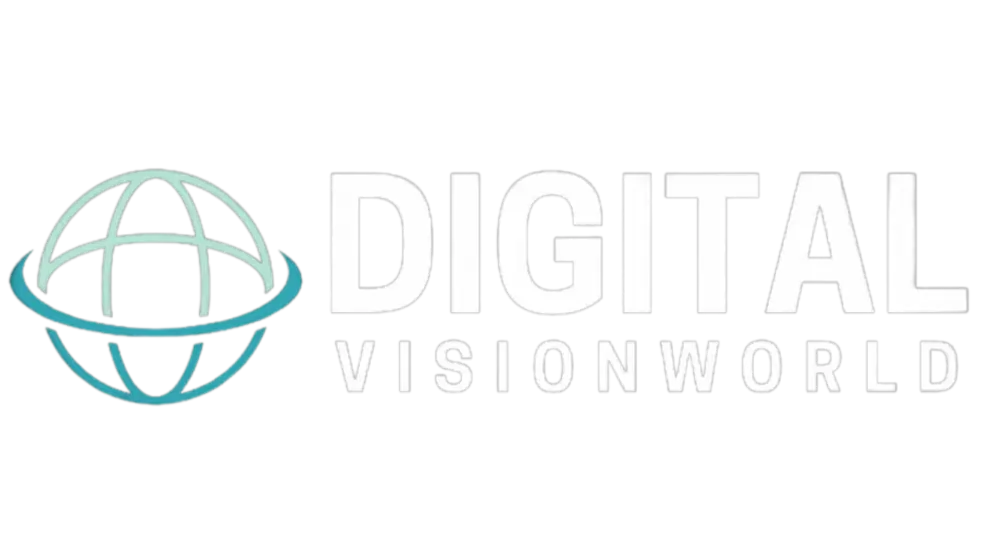Event Planning Business Plan: A Complete Guide for Success

Introduction
Starting an event planning business can be exciting and fulfilling, but without a clear roadmap, the journey becomes uncertain. Whether you’re planning to organize corporate events, weddings, trade shows, or private parties, a comprehensive Event Planning Business Plan is essential. This document serves as a foundation to outline your goals, define your target market, set financial projections, and craft growth strategies. It also significantly enhances your credibility when applying for bank loans or attracting investors.
A business plan isn’t just paperwork; it’s your guide to navigating the challenges of the event industry and ensuring long-term success. By the end of this article, you will know how to create a powerful, actionable plan to establish your event business.
What Is an Event Planning Business Plan?
An Event Planning Business Plan is a structured document that details every aspect of your business, from the services you offer to how you will operate, market, and grow.
It typically includes:
- An executive summary of your mission and goals
- Detailed business description and service offerings
- Market research and analysis of competitors
- Financial projections and budgeting plans
- Marketing strategies and client acquisition techniques
The plan serves as a tool to align your vision with practical steps, ensuring every decision contributes to your growth.
Why Do You Need an Event Planning Business Plan?

Goal Clarity and Focus
Creating an event planning business plan forces you to think strategically about your goals.What types of events do you focus on organizing? What is your revenue target? Answering these questions helps you develop a clear path to follow and measure success.
Securing Business Loans and Investments
Most banks and investors will not consider funding your business without a solid plan. A well-drafted plan proves that you understand your market, have a feasible financial strategy, and are serious about your business goals. It builds trust and makes you stand out as a credible investment.
Identifying Your Market and Competitive Advantage
A business plan includes in-depth market research that helps you identify your ideal clients, their pain points, and how you can solve them. It also pinpoints competitors’ weaknesses so you can offer unique value to stand out.
Step-by-Step Guide to Creating an Event Planning Business Plan

Step 1: Executive Summary
The executive summary offers a concise yet comprehensive snapshot of your business, highlighting its core objectives, key offerings, target market, and overall vision. It serves as an introduction to your business plan, providing readers with a clear understanding of what your business is about, its unique value proposition, and its potential for success. It includes:
- Your mission statement
- Your short-term and long-term goals
- A brief description of your services
While the executive summary comes first, it’s easier to write it after finishing the rest of your plan. Keep it concise and compelling, as it is the first section investors read.
Step 2: Business Overview
In this section, describe your business in detail:
- Business Name and Structure: Are you a sole proprietorship, partnership, or LLC?
- Specialization: Are you focusing on corporate events, weddings, or niche events like charity fundraisers?
- Unique Selling Proposition (USP): What sets you apart? This could be personalized service, innovative designs, or extensive vendor relationships.
Step 3: Market Research and Analysis
Defining Your Target Audience
Knowing your audience is essential. Who are your ideal clients? Are they businesses hosting conferences, couples planning weddings, or families throwing birthday parties?
Conducting Competitor Analysis
Study your competitors to understand their strengths, pricing models, and customer reviews. What gaps can you fill? This knowledge helps you differentiate your business.
Market Trends in the Event Planning Industry
Stay informed about trends like virtual events, sustainable event practices, and hybrid events to align your services with industry demands.
Step 4: Services and Offerings

Types of Events You Specialize In
List the events you plan to organize:
- Weddings
- Corporate events
- Trade shows
- Birthday parties
- Product Launches
- Charity Fundraisers
- Anniversary Celebrations
- Conferences and Seminars
- Private Dinners and Social Gatherings
Additional Services for Growth
Expand your services to include event design, vendor coordination, budget planning, and post-event evaluation. Offering add-ons can attract clients looking for a one-stop solution.
Step 5: Marketing and Promotion Strategies
Social Media and Digital Marketing
Platforms like Instagram, Facebook, and LinkedIn are essential for showcasing event photos, client testimonials, and case studies.
Traditional Marketing Techniques
Flyers, brochures, and local advertising can still be effective for reaching a broader audience.
Leveraging Networking and Referrals
Build relationships with vendors, photographers, and decorators. Referrals from trusted sources can drive substantial business growth.
Step 6: Operational Plan
Workflow and Event Management Systems
Streamline your operations by implementing software like Asana, Trello, or Eventbrite to manage tasks, vendors, and timelines.
Hiring Staff and Allocating Resources
List the number of employees or freelancers required, including planners, assistants, and coordinators.
Building Relationships with Vendors
Work with reliable caterers, decorators, and audiovisual teams to ensure flawless event execution.
Step 7: Financial Planning and Forecasting
Budgeting and Cost Management
Outline your startup costs, operational expenses, and marketing budgets.
Pricing Strategy
Set competitive rates for your services. Consider hourly rates, package pricing, or project-based fees.
Revenue Projections and Break-Even Analysis
Create a detailed financial forecast for 1–3 years. Include revenue goals, expense breakdowns, and break-even points.
Benefits of a Well-Written Event Planning Business Plan

- Provides a strategic roadmap for success.
- Improves your chances of obtaining loans and funding.
- Streamlines operations and boosts efficiency.
Why Choose Digital Vision World for Your Business Plan?
At DigitalVisionWorld, we offer customized business plans tailored to your event planning business. Our plans include detailed financial projections, market research, and growth strategies, ensuring you secure funding and stand out from competitors.
Conclusion
An Event Planning Business Plan is essential for anyone looking to start or grow their event business. It outlines your goals, strategies, and financial forecasts, helping you operate efficiently and secure funding. By choosing a professional service like DigitalVisionWorld, you can ensure your plan is comprehensive, actionable, and investor-ready.
FAQs
- What is the purpose of an event planning business plan?
A business plan serves as a strategic guide and financial tool to grow your event business. - How do I create a financial plan for my event business?
Include budgets, pricing strategies, and revenue projections in your plan. - Why is competitor analysis important in event planning?
It helps you identify gaps in the market and position your business strategically. - What are some effective marketing strategies for event planning?
Focus on social media promotion, networking, and referrals for client acquisition. - How can I get professional help for writing my business plan?
You can hire DigitalVisionWorld for expert assistance in crafting a professional business plan.
Ready to launch your business?
Create unforgettable moments
with our expert guidance
